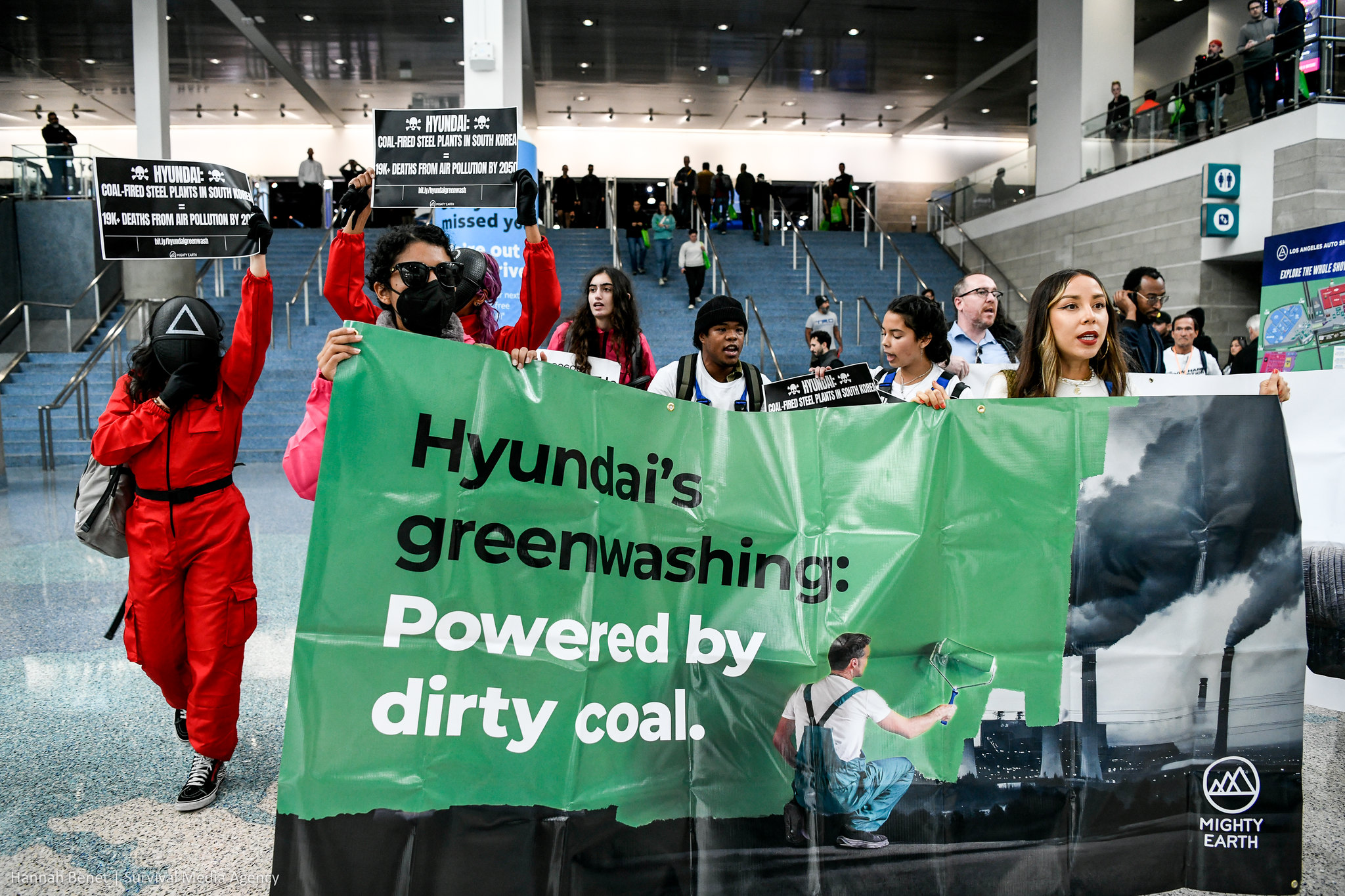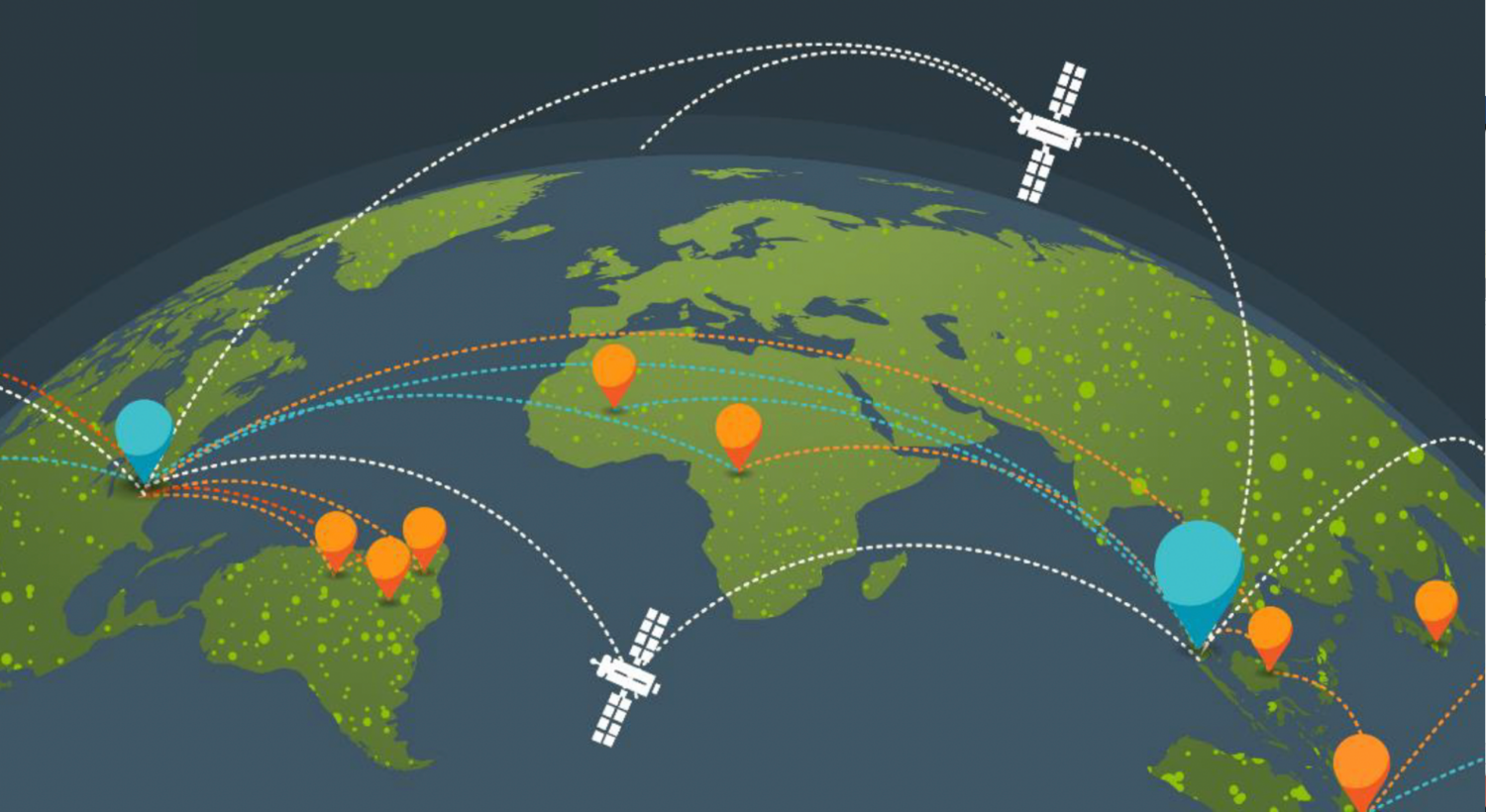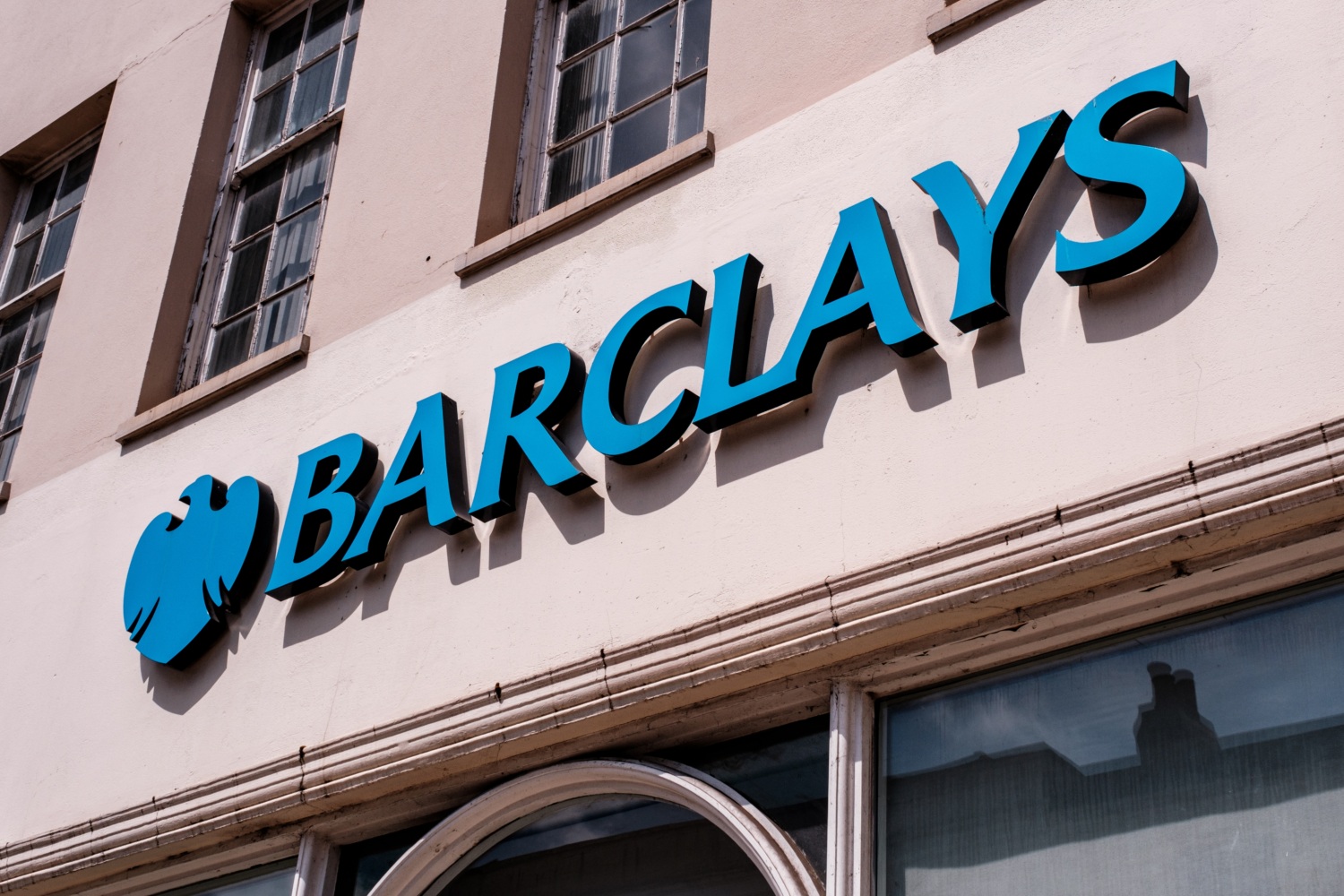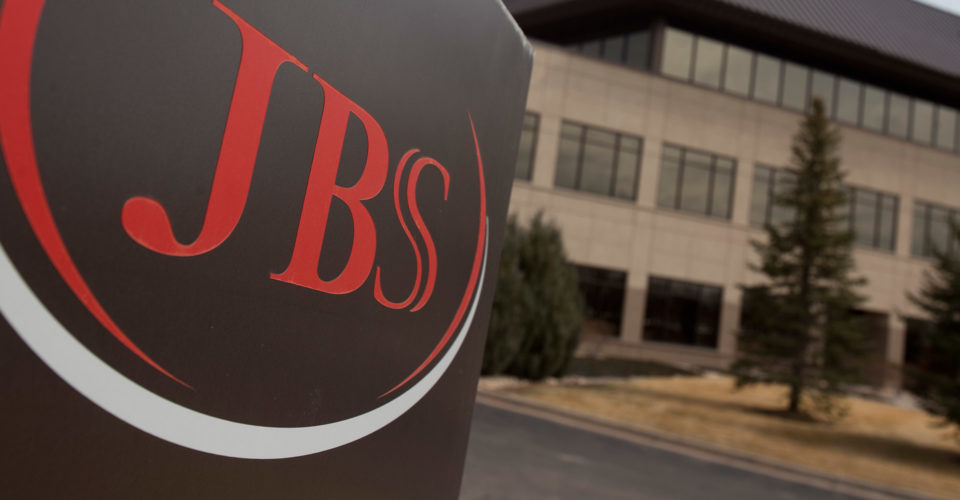
Climate Organizers Stage Squid Games “Die-In” at the LA Auto Show to Protest Hyundai Use of Child Labor and Dirty Coal
For media inquiries please contact April Thomas, [email protected]
(Los Angeles, California)— During the LA auto show, on Saturday, November 18 at 10am PT climate organizers from Mighty Earth and Youth Climate Strike LA staged a “die-in” to protest Hyundai’s use of child labor and dirty coal as part of their auto supply chain and to encourages the world’s third largest automaker to clean up their supply chain as they transition to Electric Vehicles.
Matthew Groch, senior director for heavy industry decarbonization at the environmental advocacy group Mighty Earth said:
“From hiring children to work as part of their supply chain in Alabama to operating coal-fired blast furnaces in South Korea, it’s well past the time for Hyundai to clean up their supply chain. Hyundai markets itself as a ‘green company’ but there’s nothing green about dirty coal and child labor.”
The unprecedented transition to EVs represents a huge opportunity not only to cut pollution globally but to spur the creation of thousands of family-sustaining auto manufacturing and auto supply chain jobs for workers to build clean vehicles of the future. However, as the EV transition spreads, by 2040, 60% of embodied emissions from EVs are expected to come from the materials used to build the cars, such as high-carbon materials like steel and aluminum that are made with coal-fired energy. Pollution from these coal-dependent processes is linked to respiratory illnesses, cancer, and premature death for predominantly communities of color on the fence lines of these operations in places such as Dearborn Michigan and Burns Harbor Indiana.
In the US, Hyundai was found to have hired children as part of their supply chain. In August, labor groups in Alabama and Georgia spoke out to condemn this practice. In Korea, Hyundai Steel, a subsidiary of Hyundai Motor Group and a major supplier of the steel used in Hyundai’s vehicles (including the Ioniq series), operates 3 out of the 11 coal-fired blast furnaces in South Korea and is the company with the third largest greenhouse gas emissions in the country. Alongside Hyundai Steel, Korea’s largest steelmaker and top industrial emitter, POSCO, is also a major supplier of Hyundai Motor Group, and operates the other 8 blast furnaces in the country, including 6 mega-furnaces with huge GHG and air pollutant emissions. Recent research by Solutions for Our Climate and the Center for Research on Energy and Clean Air showed that the air pollution from these 11 blast furnaces was related to approximately 506 premature deaths in 2021.
Sim Bilal of Youth Climate Strike LA said:
“We’re doing this protest today because no child should be working in a factory, nor should any automakers still be using dirty coal as part of their supply chain. It’s time for Hyundai to lead the charge and take immediate steps to clean up the impacts of some of the most environmentally impactful materials used to manufacture its vehicles: steel, aluminum and batteries.”
Hyundai’s electric vehicles have been making headways in the United States, winning multiple awards. The company is positioning itself in the U.S market as a leader in sustainability and the transition to electric vehicles. Despite its claims of “leadership in electrification”, 94% of Hyundai’s total sales in 2022 still consisted of fossil fuel vehicles.
Hyundai also claims its electric vehicles are “answering the call for sustainability” with “sustainable materials applied throughout.” However, the efforts of Hyundai, and its subsidiary Kia, to eliminate emissions, environmental harms and human rights abuses from their supply chains were recently evaluated as part of the Lead the Charge Leaderboard, which revealed that Hyundai Motor Group is falling far behind many of its peers on sustainable and equitable supply chains.
This protest is a culmination of a series of pressure points targeting automakers with dirty supply chains at this week’s LA Auto Show. On Wednesday, U.S. Rep Ro Khanna (CA-17) joined a panel event of experts to discuss steps needed for automakers to clean up their supply chains as they transition to EVs. Yesterday, Public Citizen (in collaboration with the United Auto Workers) protested Toyota’s various attempts to muddy the waters and slow the transition to zero emissions vehicles.
About Mighty Earth
Mighty Earth is a global advocacy organization working to defend a living planet. Our goal is to protect half of Earth for Nature and secure a climate that allows life to flourish. We are obsessed with impact and aspire to be the most effective environmental advocacy organization in the world. Our team has achieved transformative change by persuading leading industries to dramatically reduce deforestation and climate pollution throughout their global supply chains in palm oil, rubber, and cocoa, while improving livelihoods for Indigenous and local communities across the tropics.


